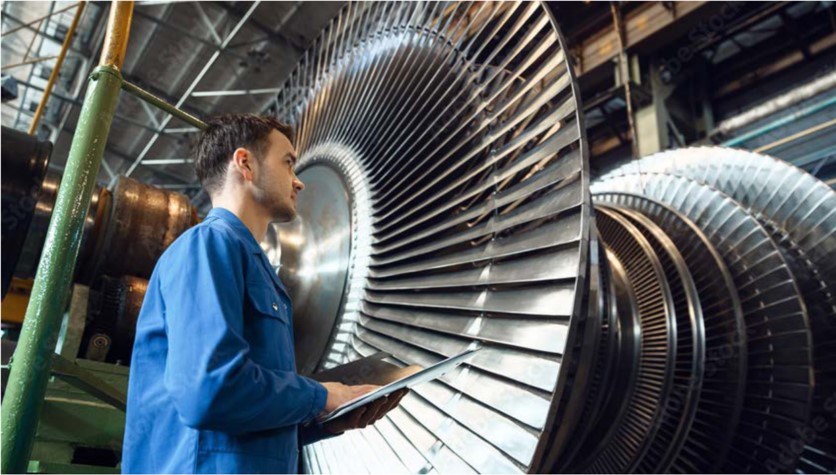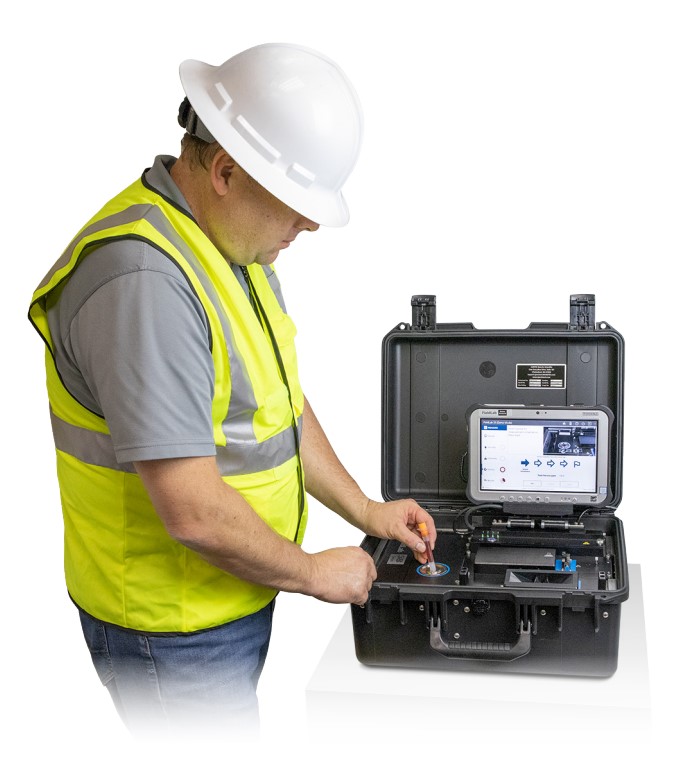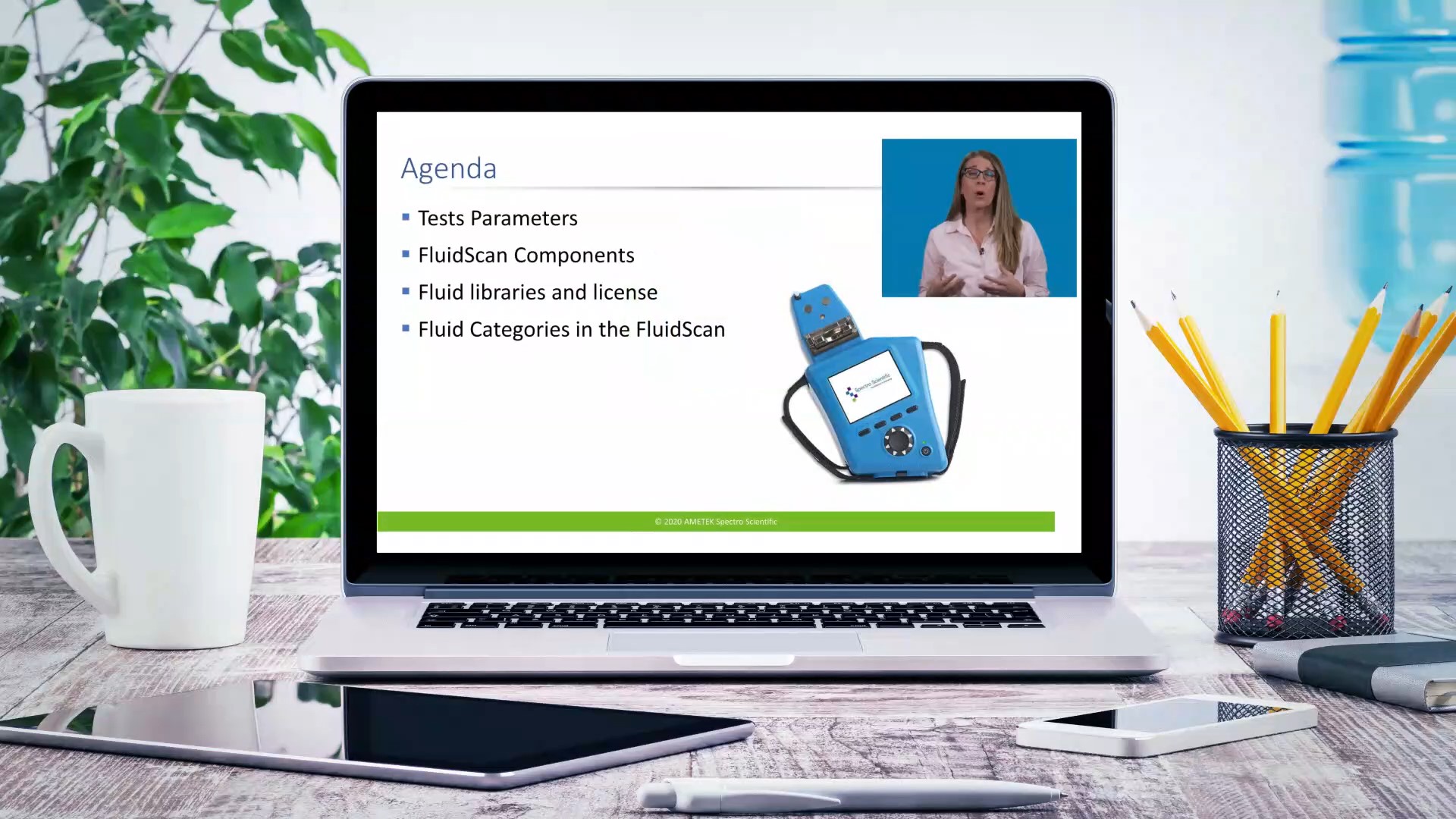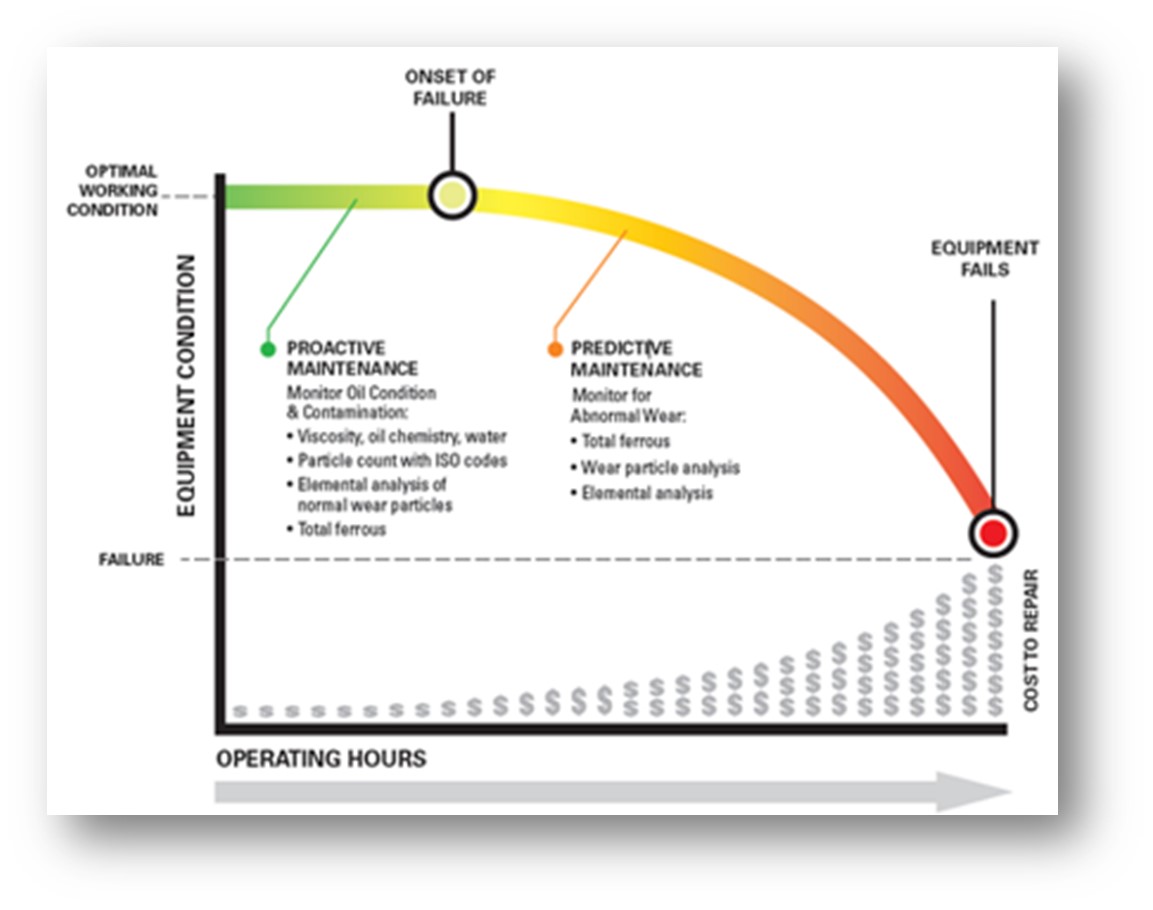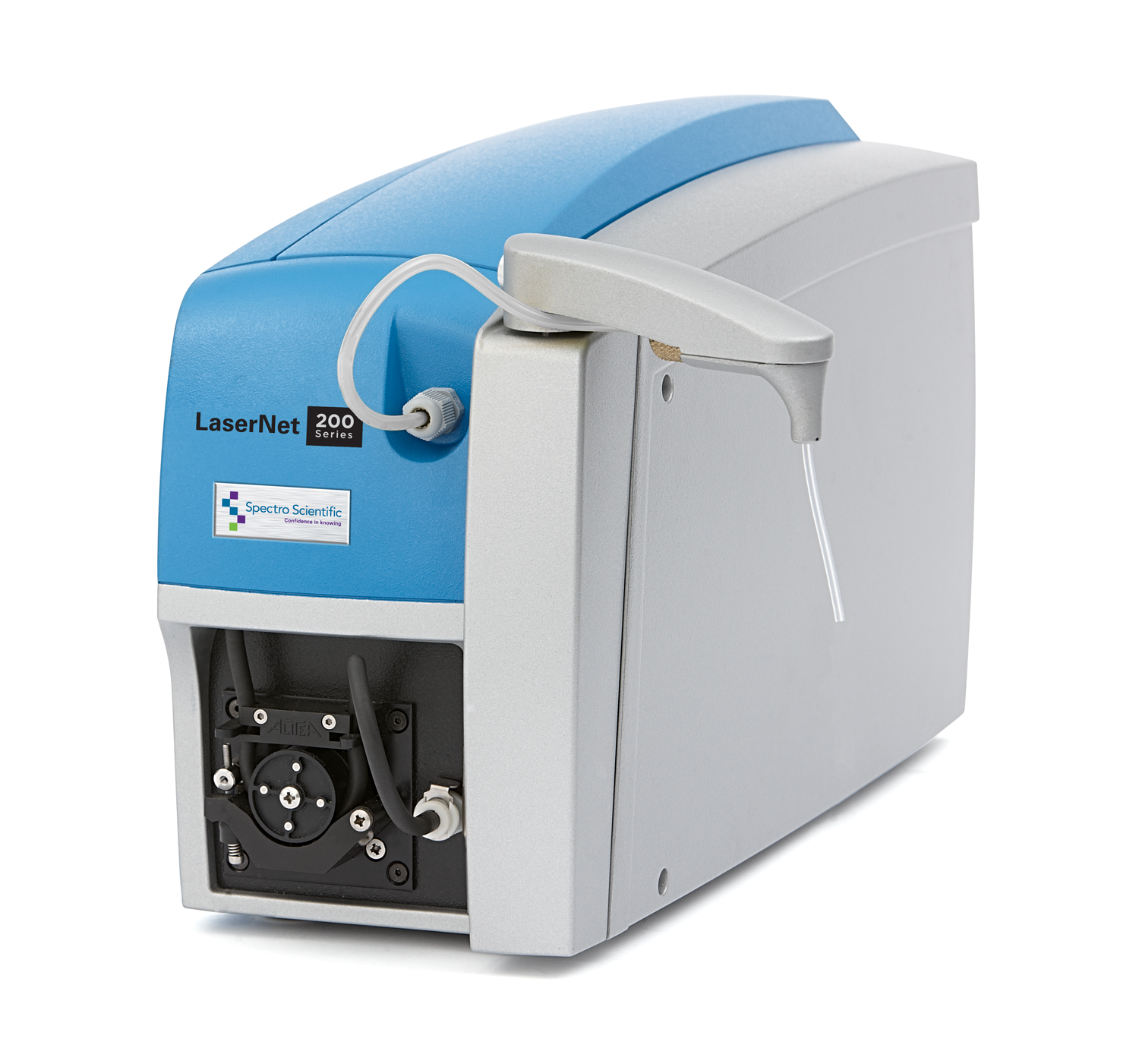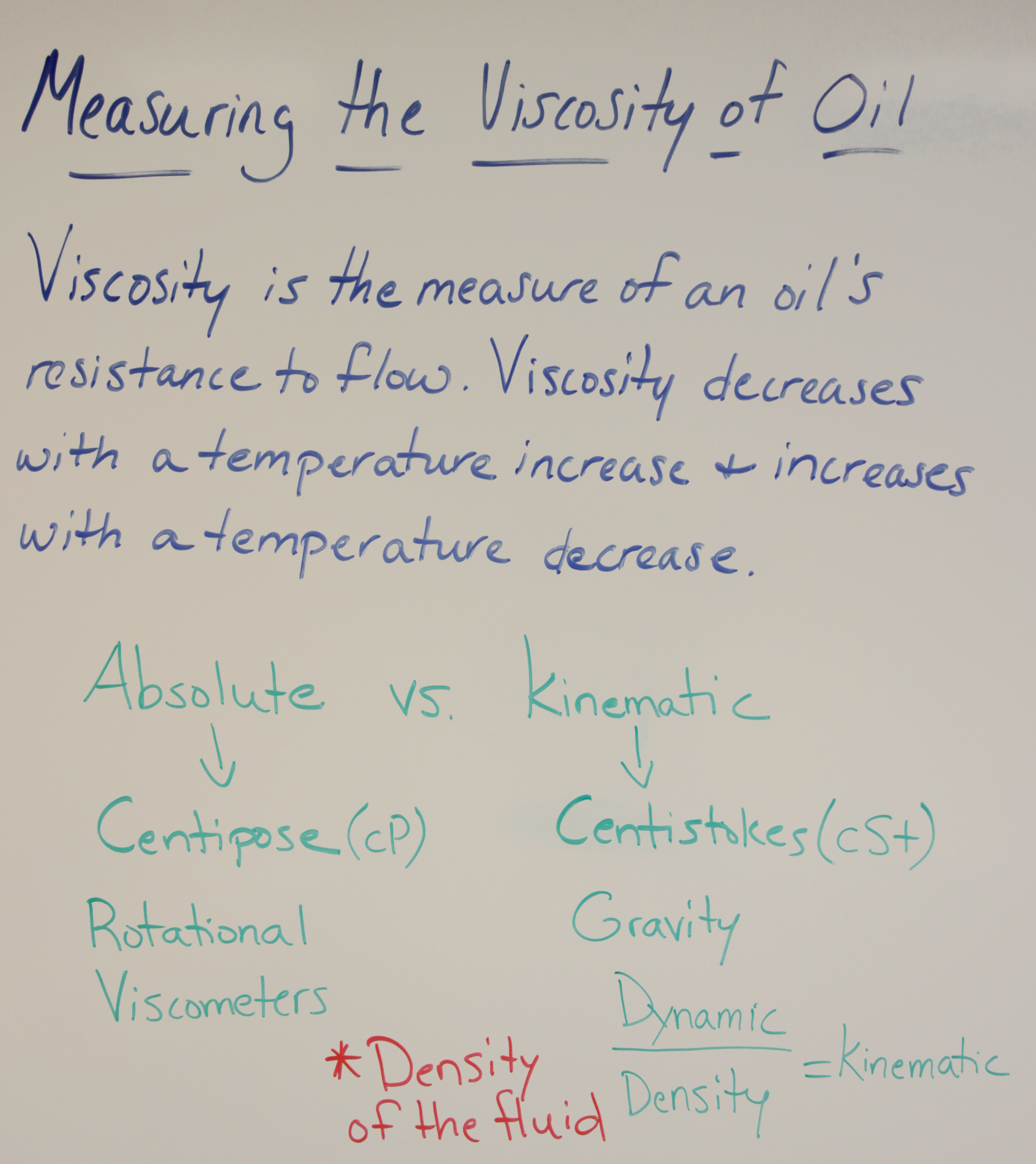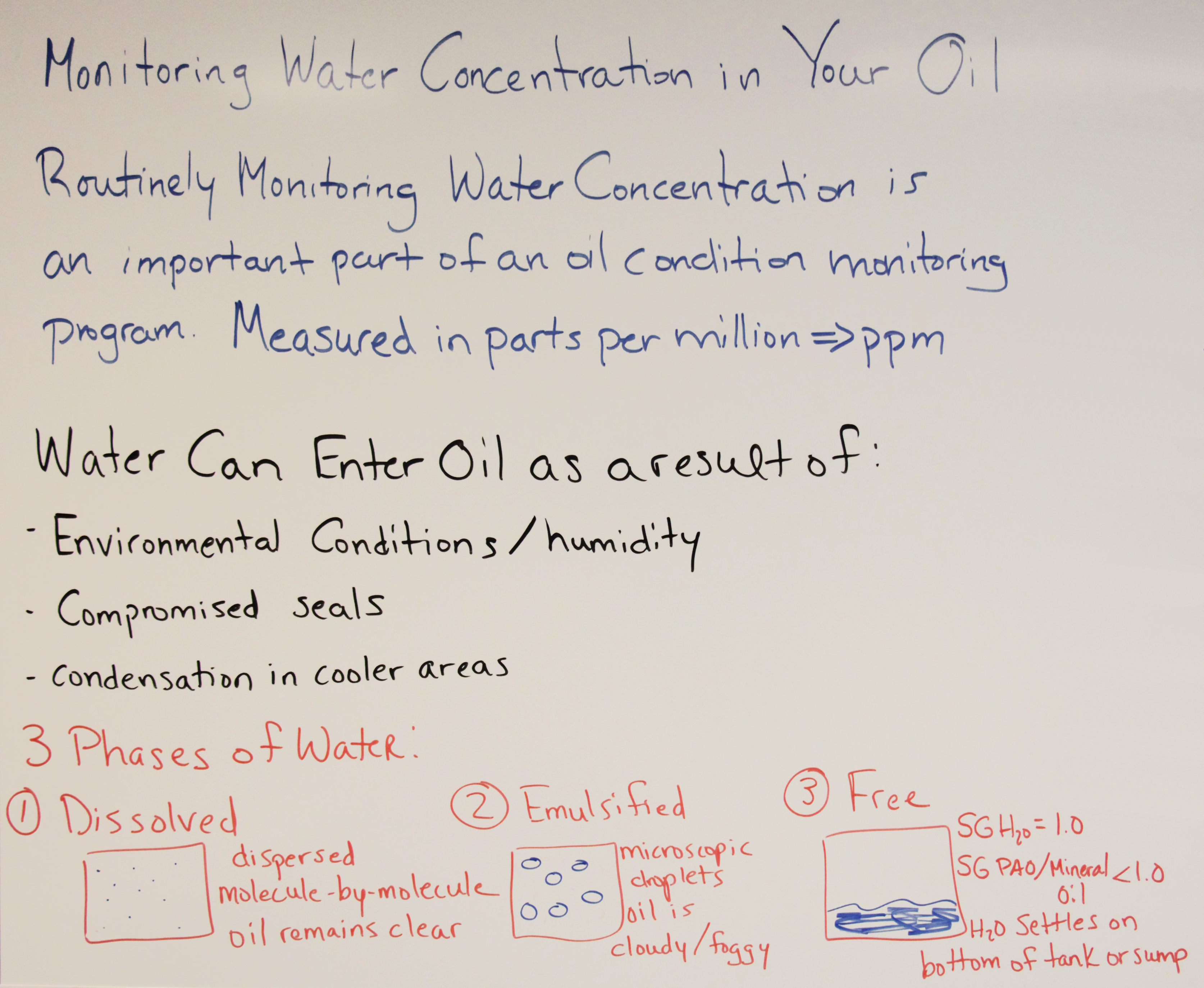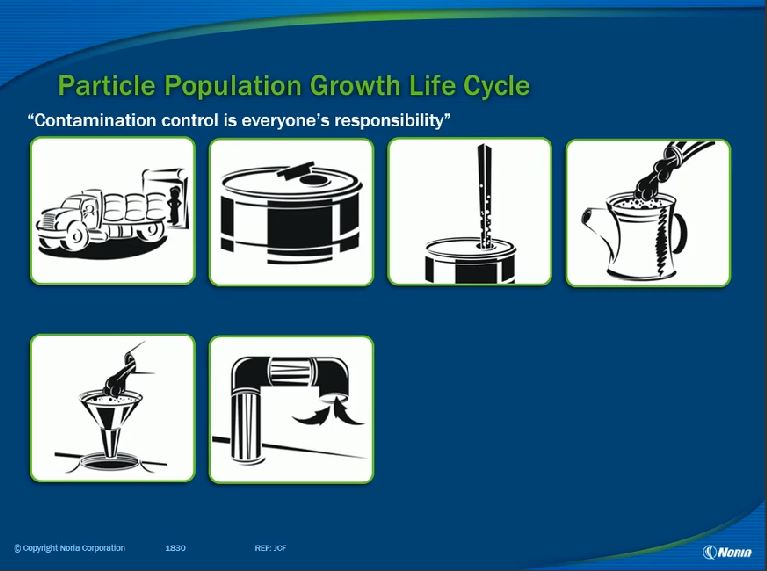Introduction
Extending lubricant condition monitoring programs to include grease analysis
Onsite oil analysis is an effective tool to quickly analyze samples and optimize maintenance activities. As part of a comprehensive condition based maintenance program (CBM), oil analysis proves to be an effective tool to compliment other diagnostic technologies like vibration analysis, infrared thermography and ultrasound technology. However, when the equipment is grease lubricated, this important Lubrication monitoring step is often overlooked.

